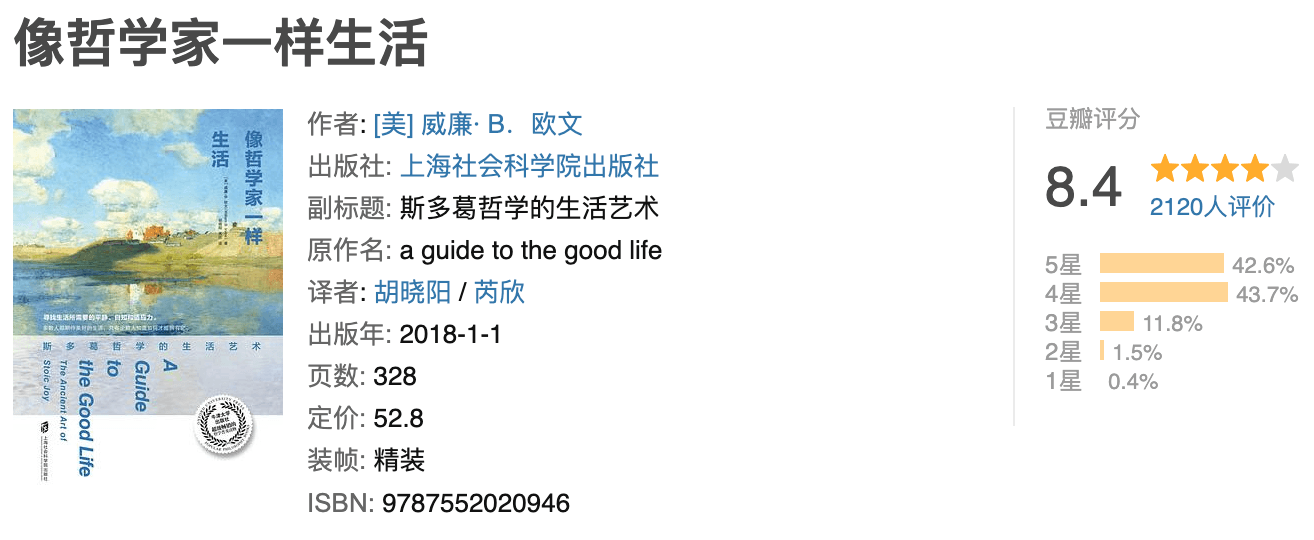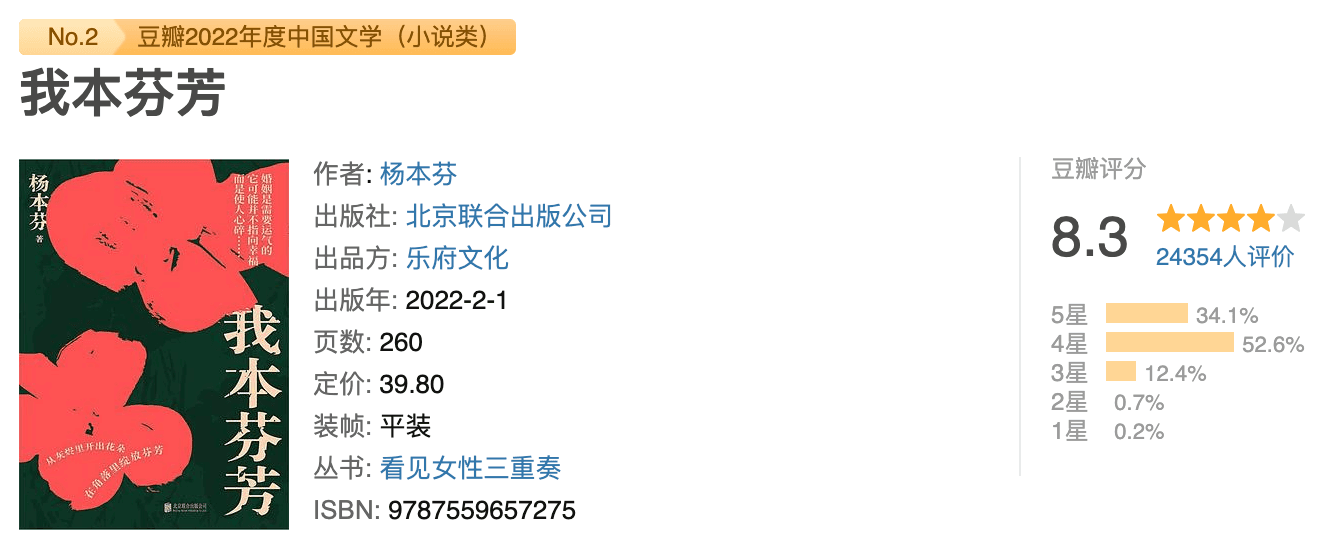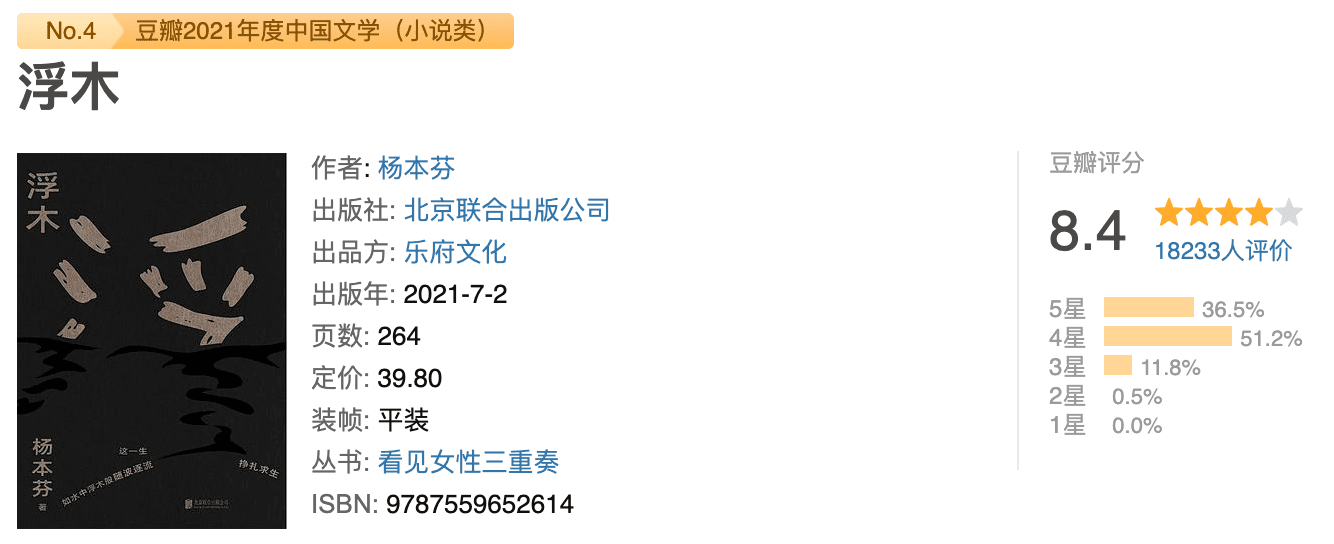"Records of Ghosts and Snakes"#
In this memoir, there are various characters recorded, including pickpockets, architects, engineers, university teachers, doctors, entrepreneurs, politicians, etc. The writing is good and highly readable. The author, Yang Xiaokai, not only records his experiences but also incorporates his own thoughts into the text. His ideas and concepts change along with his observations, which is the most noteworthy aspect of this book.
Yang Xiaokai became famous in the 1960s for his book "Where is China Heading?" At that time, he was still called Yang Xiguang. Through his own efforts, he made outstanding contributions in the field of economics and gained worldwide recognition once again. From the book, it can be seen that he is a person with charisma, his own thoughts, a humble attitude towards learning, and the ability to put theory into practice. As a young man who never attended university, he learned English, calculus, economics, and many other subjects from engineers and teachers in prison. These laid a solid foundation for him to enter the Economic Research Institute of the Chinese Academy of Social Sciences after his release from prison and opened up a broader world for him.
"Living Like a Philosopher: The Art of Stoic Philosophy"#

This is a great introductory book on Stoicism, with simple and understandable theories and practical applications. It can be directly used as a guide to life. Many of the Stoic philosophies in it resonate with my daily habits and thoughts, so I enjoyed reading it.
After reading it, I do feel a sense of tranquility because it teaches me to focus more on myself rather than external things. By rationally recognizing the uncontrollable things and calmly facing them, we can put our thoughts on the things we can control, making it easier for us to find peace.
Some philosophies of Stoicism:
- Negative visualization: Things are impermanent, so be content with what you have.
- The trichotomy of control: Do what you can, and accept what you cannot change.
- Reflection: A wise person reflects on themselves three times a day.
"Gulliver's Travels"#

The author created Gulliver and several imaginative places, expressing his views on humanity, nations, and society through Gulliver's perspective.
Adults who have experienced society can probably understand the meaning the author wants to convey, while elementary school students may see it as a flight of fancy. However, I believe that good satire should be concise and profound, and it is not appropriate for Swift to use satire in a long story.
By the way, the reason why I suddenly wanted to read this recommended literary masterpiece for elementary school students is solely because of the author, Jonathan Swift. Specifically, it was because I saw his seventeen self-encouragement quotes, and I thought he must be an interesting person. I found several quotes from the seventeen that I found reasonable and relatable:
- First, do not marry a young woman.
- Second, do not mingle with young people unless they sincerely invite you.
- Third, do not be irritable, depressed, or suspicious.
- Fourth, do not despise contemporary styles, tastes, fashions, characters, struggles, etc.
- Ninth, do not be harsh with young people, but accept their youthful ignorance and flaws.
- Eleventh, do not teach casually or trouble others unless they earnestly seek your help.
- Thirteenth, do not talk too much about yourself.
"What is a Good Life"#

Abandoned reading, listing the problems I think exist:
- The writing is verbose, often repeating a small issue many times without providing a viewpoint. Even the ways of discussion in different chapters are completely different, sometimes casual and sometimes academic, resulting in a poor reading experience.
- The book is filled with concepts, like some textbooks, constantly introducing one concept after another, regardless of whether the reader understands them or not.
- Frequent quotations of ancient philosophers' viewpoints, but no conclusion is reached in the end. Often, no conclusion can be found in several chapters.
As a layperson in ethics, the reading experience of this book is really not good. Of course, this may not be the fault of the book but my own.
"I Am Fragrant"#

The third book in the "Autumn Garden" series. This book tells the story of the author Huicai's life from meeting her husband Lv to getting married and growing old together. It is a tragic marriage, not based on love, but a transaction - Huicai promised to marry Lv in order to be able to study and avoid being sent to the countryside.
At first, the two did have affection for each other, but after marriage, Lv became a completely different person, indifferent to Huicai and enthusiastic towards others. He was unwilling to spend time at home or do basic household chores, claiming that he didn't want to spoil her. In this way, the two spent sixty years together in indifference and misunderstandings, until they were in their eighties when Huicai asked Lv with longing if he would still want to be together in the next life, and Lv answered, "No."
"Driftwood"#

The second book in the "Autumn Garden" series. The title "Driftwood" is very appropriate, as the insignificant characters in turbulent times are like driftwood, floating aimlessly.
The most impressive aspect of this series to me is the general lack of medical knowledge in rural areas, which leads to many patients not receiving timely treatment and suffering and losing their lives under ineffective folk remedies. And this is just one aspect of the ignorance and tragedy in rural areas.